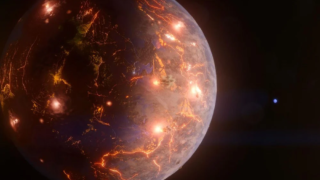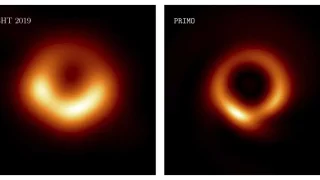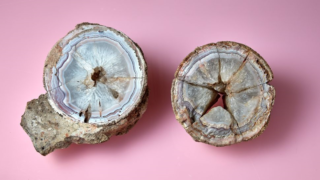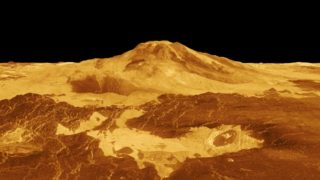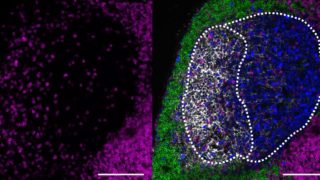
MI weekly selection #515
Volcanoes, meteorites may be tied to life’s start Meteorites and volcanoes could have produced iron particles that served as a catalyst for creating life forms on Earth. Scientists conducted experiments using metallic particles from meteorites and ash from Sicily’s Mount Etna to see how iron may have helped convert carbon dioxide and hydrogen into hydrocarbons […]
